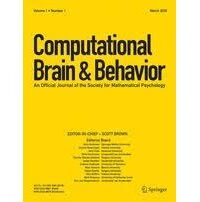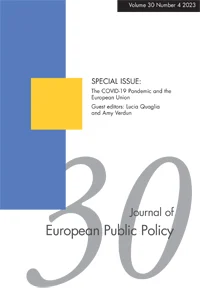What Makes a Good Theory?
Interdisciplinary Perspectives

Psychological science has been going through turbulent times due to the “replication crisis” and the various reforms it has motivated. Until relatively recently, “psychological reform” mostly meant methodological and statistical reform of empirical research practices in psychology. However, there is growing awareness that improving psychological science necessitates improving its theoretical practices. There has been great unclarity, however, about what this entails and how it may be achieved. With this special issue, we aim to make progress by inviting deeper reflection on the longstanding question: “What makes a good theory?”
We see an urgency for a broad, interdisciplinary discussion about this question. Much of psychology is still dominated by a naive empiricism that many disciplines have outgrown. Consequently, it lacks the tools, concepts, scientific culture, and reflective practices that promote good theory building. Without a sea change in epistemological perspective, theoretical reforms may remain fruitless at best, or cement new problematic research practices at worst.
We brought together researchers from a wide variety of relevant disciplines to exchange ideas on the challenge of good theory building during a 5-day workshop at the Lorentz Center in Leiden, The Netherlands. The participants were a diverse group of late-, middle-, and early-career researchers with expertise spanning fields such as cognitive science, philosophy, linguistics, neuroscience, statistics, computer science, artificial intelligence, biology, logic, economics, and psychology.


